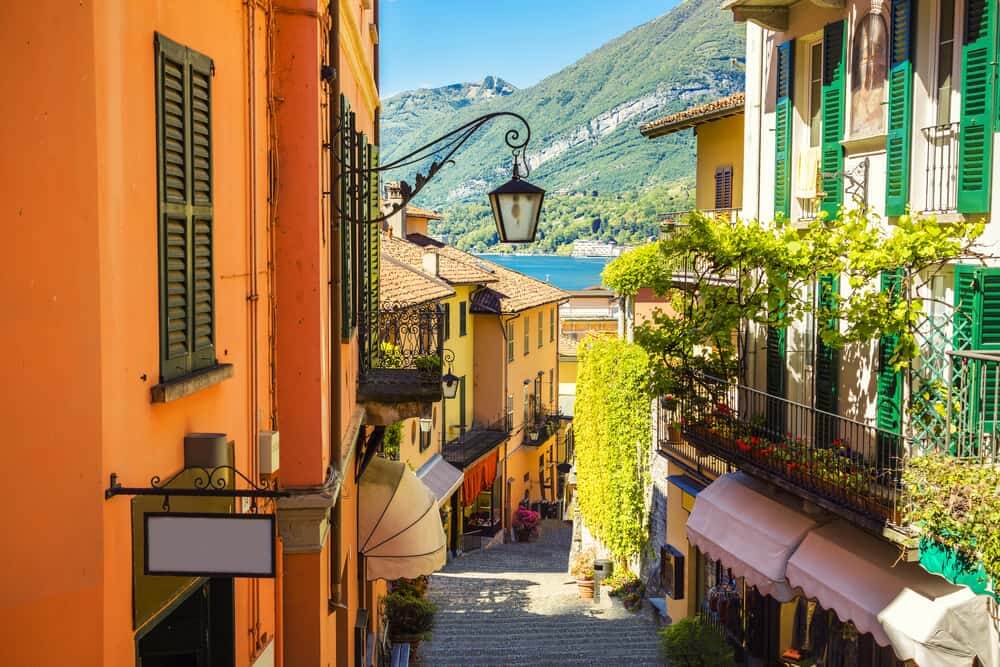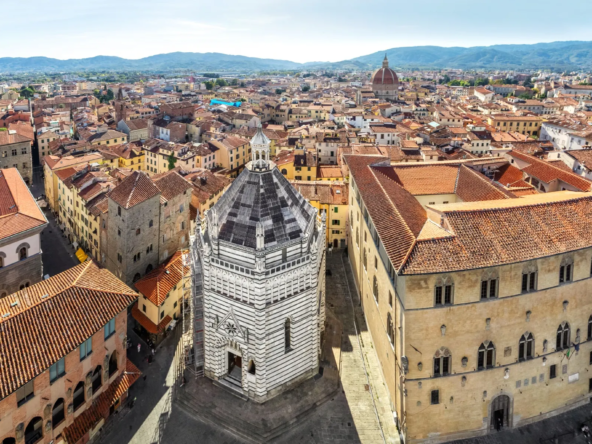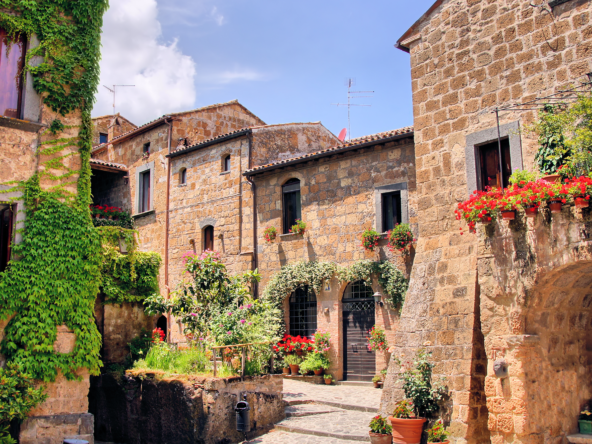Italy, with its rich history, stunning landscapes, and unparalleled cuisine, is a dream destination for many. For those considering buying property in this enchanting country, 2024 presents a unique opportunity. Whether you’re seeking a rustic farmhouse in Tuscany, a chic apartment in Rome, or a seaside villa on the Amalfi Coast, here’s a comprehensive guide to help you navigate the process of purchasing property in Italy as a foreigner.
1. Why Buy Property in Italy?
Italy offers a diverse range of properties, from historical villas and modern apartments to charming country houses. The country’s cultural heritage, beautiful scenery, and high quality of life make it an attractive investment. Additionally, Italy’s relatively low property prices compared to other European countries provide great value for money.
2. Understanding the Italian Real Estate Market
The Italian real estate market varies significantly by region. Northern Italy, including Milan and Venice, tends to have higher property prices due to economic activity and tourism. Central Italy, with cities like Florence and Rome, offers a mix of historical and contemporary properties. Southern Italy and the islands, such as Sicily and Sardinia, often provide more affordable options and picturesque settings.
3. Legal Requirements for Foreign Buyers
The good news is that there are no restrictions on foreigners buying property in Italy. However, non-EU citizens may need to obtain a “codice fiscale” (tax identification number) and, in some cases, a residency permit. It is advisable to consult with a local lawyer who can guide you through the legal requirements and ensure that all paperwork is in order.
4. Financing Your Property Purchase
Foreign buyers can secure mortgages from Italian banks, although the process may be more complex than in their home country. Typically, banks will finance up to 60-70% of the property’s value. It is beneficial to have a strong credit history and proof of income. Alternatively, many buyers choose to finance their purchase through savings or loans from their home country.
5. The Buying Process: Step by Step
a. Property Search: Begin by researching areas of interest and engaging with local real estate agents. Online property portals can also provide a wealth of options.
b. Offer and Negotiation: Once you find a property, make an offer. Negotiation is common, so be prepared to discuss the price and terms.
c. Preliminary Agreement: The “compromesso” is a preliminary contract outlining the terms of sale. At this stage, a deposit (usually 10-20% of the purchase price) is paid.
d. Due Diligence: Conduct thorough checks on the property’s legal status, including verifying ownership, checking for debts or liens, and ensuring compliance with local regulations.
e. Final Contract: The “atto di vendita” or deed of sale is signed in the presence of a notary, who ensures the transaction is legal and binding. The remaining balance is paid, and the property is officially transferred to the buyer.
6. Associated Costs and Taxes
When buying property in Italy, budget for additional costs such as notary fees, real estate agent commissions, and legal fees, which can add up to 7-10% of the purchase price. Taxes include:
- Registration Tax: 2% for primary residences or 9% for second homes, based on the cadastral value.
- VAT: 4% to 22% depending on the property type and buyer’s residency status.
- Annual Property Tax: Varies by municipality.
7. Residency and Living in Italy
Purchasing property does not automatically grant residency. Non-EU citizens can apply for a long-term visa if they plan to stay for more than 90 days. Owning property can facilitate obtaining a residency permit, especially if you intend to retire in Italy.
8. Tips for a Smooth Purchase
- Hire a local real estate agent: They have invaluable knowledge of the market and can negotiate on your behalf.
- Engage a bilingual lawyer: Ensures you understand all legal documents and processes.
- Inspect the property: Visit multiple times to get a true sense of the area and property condition.
- Plan for renovations: Many properties, especially older ones, may require updates or repairs.
Conclusion
Buying property in Italy as a foreigner can be a rewarding investment, providing a beautiful home and a gateway to the rich Italian lifestyle. With careful planning, expert guidance, and a clear understanding of the process, your dream of owning a piece of Italy can become a reality in 2024. Happy house hunting!




